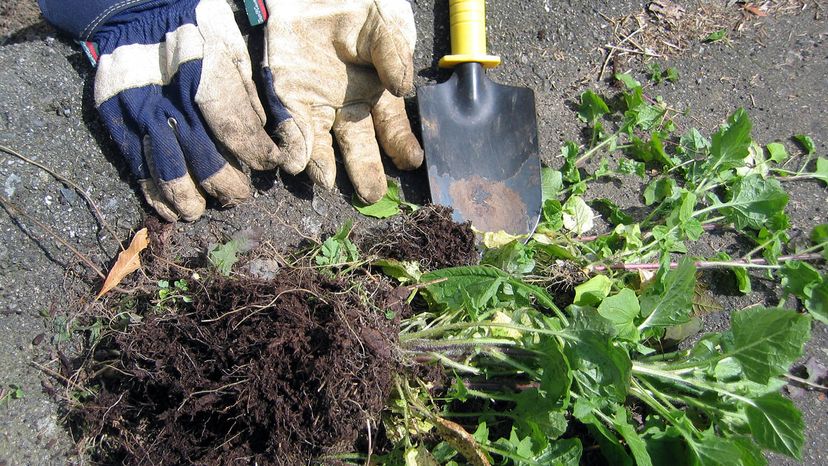Bees play a crucial role in pollination and in the ecosystem, but commercial weed killers are contributing to the problematic decline in population. The culprit? Glyphosate. The active ingredient in chemical herbicides punches bees right in the gut, quite literally. Andrew C. McCall, Ph.D., associate professor of biology at Denison University in Granville, Ohio, shares in an email interview, "The most common herbicide, glyphosate (Roundup) has been studied in bees, mostly. It can kill beneficial gut microbes in bees, which could make the insects more susceptible to harmful microbes. Glyphosate can also negatively affect navigation in honeybee workers. In particular, it looks like they have a harder time finding their way back to the hive."
But bees aren't the only arthropods who feel the toxic effects. "Glyphosate can also indirectly affect many insects, because it can kill lots of plants that insects eat — the most prominent example is the common milkweed, an important food source for monarch caterpillars," says McCall.
Given that chemical sprays land on the ground surrounding the weeds, it makes sense that the chemicals could affect the soil. "Glyphosate binds to soil particles and can negatively affect bacterial communities and fungi," McCall adds.
Even the ingredient used as the transport mechanism for glyphosate plays a harmful role. Polyethoxylated amine (also referred to as POEA) is known to be even more toxic to aquatic life, including fish, frogs, shrimp and algae, than glyphosate. It can easily trickle elsewhere since it doesn't get stuck in the soil and hangs around longer before degrading. So how do you kill weeds without harming the environment?

